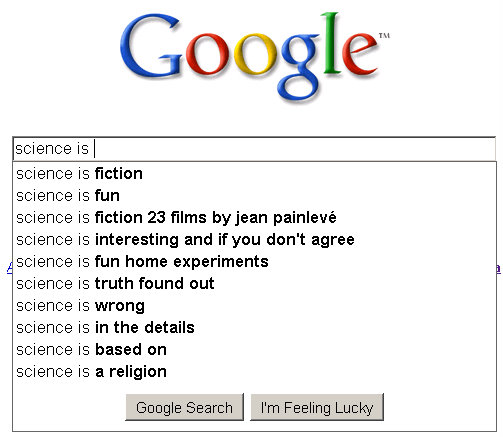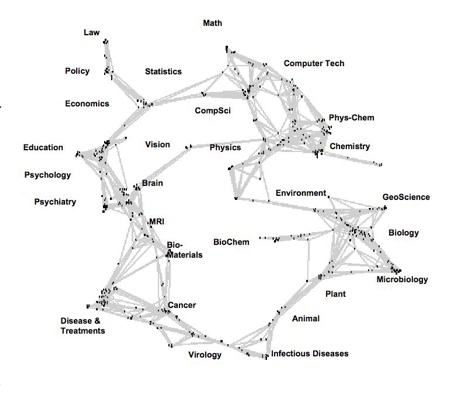So the large
Hadron Collider has been turned on. While I may have spent yesterday running around yelling “Panic Panic!!!” and singing Muse’s Supermassive Black Hole… they’re not actually colliding any serious particles until later this year.
The idea, for the unconcerned among you, is to recreate the conditions of the big bang by colliding particles travelling at close to the speed of light. The intention is to find the Higgs Boson or the “God Particle” – how Mr Peter Higgs name became synonymous with God is beyond me.
When you perform a task of this magnitude a lot of nut cases come out of the wood works – there’s a group convinced the experiment will create black holes which will destroy the world. They made a youtube video – which I haven’t seen so won’t link to. There are crazy Christians who seem a little concerned this will somehow “disprove God” or help atheists in their thinking. And then there are the stupid, ignorant atheists – perhaps my favourite group in this situation who provide comments like this on the news.com.au forum:
“I love how 99% of the negative comments about the LHC are all from Christians. I’ll Believe Physics, thats been proven, over christianity, which hasnt been proven, anyday…Christians: Look at it from a ignorant christian perspective. They are spending 11billion to prove that God created the earth. Meanwhile i dont see Christians spending money to prove that Science didnt create the earth..” – Alex from Adelaide.
Thanks Alex for your valuable insight.
Christians do not argue that science didn’t create the earth because to do so would elevate science from a study of observable phenomena to a sentient being able to perform the act of “creation”.
My other favourite was this one:
“The church must be soiling itself waiting for the day that scientists proove there is no god and that we were created from the big bang and they have the hard and fast proof. The biggest business in the world “the church” will be bankrupted. Unless of course religion can actually proove god exists. Science will have the hard and fast proof very soon. Posted by: Andrew of Australia“
Andrew is obviously pretty angry at the church – angry enough to make a claim about science’s ability to prove or disprove the metaphysical.
Atheists, in the main, are a fairly ignorant lot, often influenced by militant atheists to “believe in science” as some form of religion. Here’s the thing Alex, and other atheists out there, us Christians also believe in science. Some Christians even engage science as a weapon (think Creation Science Ministries or whatever those guys call themselves). Scientific outcomes are driven by starting hypotheses – and these are driven by the organisations funding the research. Science is not an objective entity. Science is a broad church. The reality is that science is now driven by ideology and commercial imperatives more than any church I know. Throw money into the mix and see what sort of “scientific findings” we can come up with. Most churches are driven by a goal to spread the gospel – for free. Most churches I know are “not for profits” and their “wealth” is tied up in physical assets used for the cause. Would you have churches meet in our “public” school buildings Andrew?
Not if the Sydney Morning Herald has its way. I’m no Hillsong apologist – in fact I have massive problems with their “prosperity” theology and their music, and and endless list of other gripes that I won’t go into. But this article on public schools as secular institutions being no place for any form of religion is dangerous and stupid. It’s also the worst piece of ideologically driven journalism I’ve seen for a long time, and it belongs in the opinion pages – not the news.
Quotes from the article below:
“A teacher at one public school said students had returned to class after an Exo day concert complaining about attempts to convert them, while the Federation of Parents and Citizens’ Associations says it is an attempt to sneak evangelism into schools and reveals the need for new laws.”
“The NSW Education Act says that “instruction” at public schools must be non-sectarian and secular except in designated religious education classes.”
“A spokeswoman for the Federation of Parents and Citizens’ Association said religious recruitment in schools was inappropriate. “We need to ensure that children when they go to school aren’t exposed to discreet evangelism,” she said.”
I would think that an opt in program clearly run by a church group openly trying to promote the bible is hardly “discreet evangelism” or “instruction” or an attempt to “sneak” evangelize.



